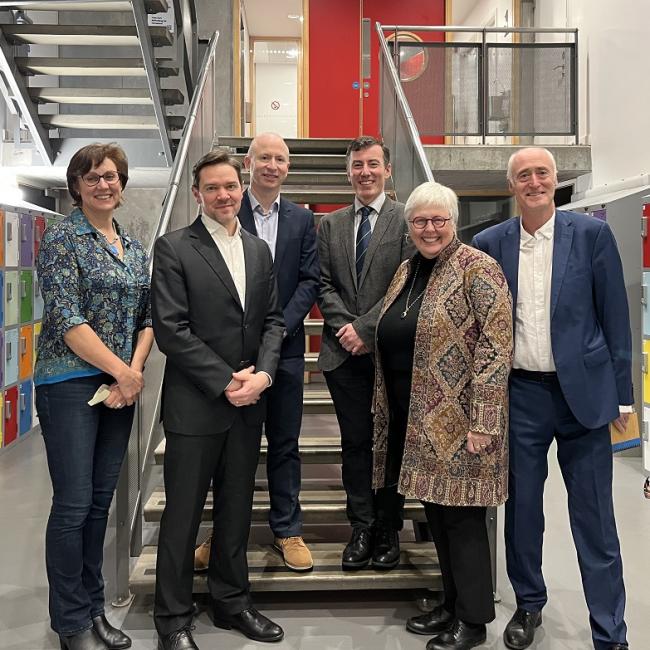Capacity & capability building for applied dementia research in low- & middle-income countries: Two exemplars from South Asia
Indian J Med Res. 2020 Dec;152(6):614-625. doi: 10.4103/ijmr.IJMR_2095_19.
ABSTRACT
BACKGROUND & OBJECTIVES: Cognitive and other neurodegenerative conditions related to ageing have become public health priorities in low- and middle-income countries. However, contextually based, applied research to support the development of awareness, diagnosis and care pathways for people with dementia in South Asia is still largely undeveloped. This study was aimed to use applied research studies for dementia in South Asia as exemplars of how individual-level capacity and capability building for dementia research can be achieved.
METHODS: Using Theory of Change as a framework, we embedded capacity and capability building into the studies through six domains: people (human resources), research integrity and governance, study delivery skills, international collaborative working, patient and public involvement (PPI) (awareness raising, stigma and health literacy) and development of 'pathways'. For each aspect, development goals were defined and how they would be achieved.
RESULTS: New principal investigators, research assistants (including outcome raters), study coordinators and intervention practitioners were trained across eight study sites in India, Pakistan, and Bangladesh, for dementia research. Training was delivered at study start, and through booster sessions, using workshops, face-to-face sessions, online training and video-link sessions. International collaborations were fostered, leading to a proposal for international funding. Each study site co-created PPI events to raise awareness and to inform the research. The recruitment pathways and study logistics fostered the development dementia diagnosis and care pathways.
INTERPRETATION & CONCLUSIONS: Embedding capacity and capability building in applied dementia research in South Asia fosters the sustainability of dementia research, which is essential in developing diagnostic and care pathways.
PMID:34145101 | PMC:PMC8224155 | DOI:10.4103/ijmr.IJMR_2095_19





